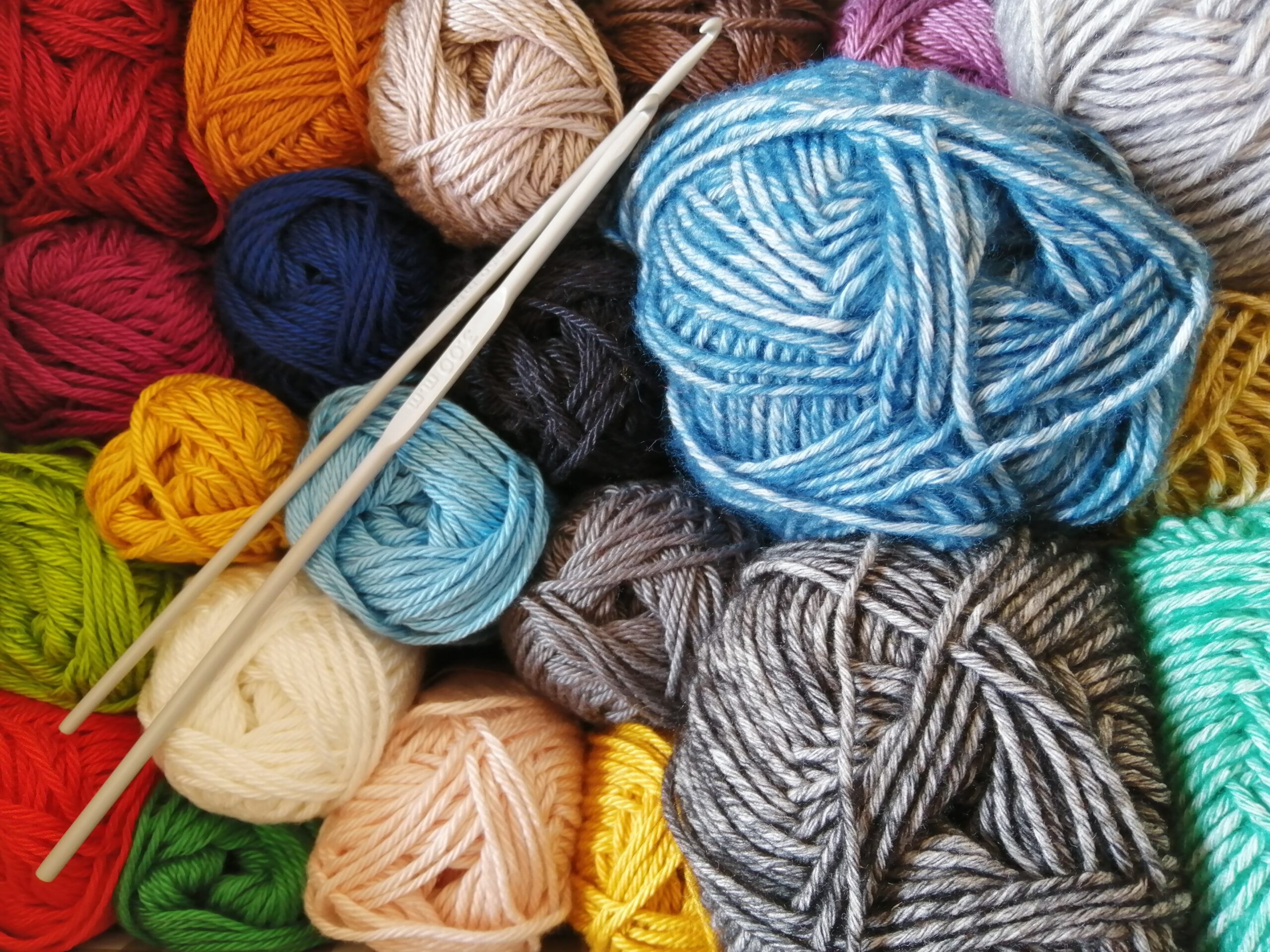11 Hobbies That Benefit Mental Health
Studies show that the pandemic lead to 59% of Americans taking up a new hobby. Especially at the beginning of lockdowns and social distancing, and layoffs, many people had more time on their hands to stay home. During this time, people ventured into activities they may not have considered delving into before. This rise is reminiscent of how people coped with their unemployment status during the Great Depression. Think about yourself and the people around you. Many people you know have probably learned a new skill, started listening to an alternative type of music, or maybe even started their own small business. As this article will illustrate, many benefits of hobbies could help with your physical and mental health.
Mental Health Benefits of Hobbies
First of all, what are hobbies? Hobbies are ways we pursue things that interest us and have a creative outlet, separate from work. Therefore, hobbies can be really beneficial for us, in particular, our mental health. Hobbies allow people to channel themselves into creative outlets. Researchers suggest that leisure activities provide many physical and mental benefits for people.
Physical Health Benefits of Hobbies
Physically, people may practice hobbies such as hiking, yoga, swimming, martial arts, and other sports or leisure activities. Such hobbies could help you to enhance heart and brain function, lower blood pressure, lose weight, build muscles, strength bones, and increase energy level.
Reduce Stress
Cortisol is one of the most widely studied hormonal markers of stress. One study showed that about 75% of participants’ cortisol levels were lowered after making art. In fact, hobbies are great for people of all ages! These activities help children learn more about the world and themselves. A study involving middle-aged adults in Japan suggested that hobbies could “play a role in benefitting overall well-being and providing a buffer against stress”.
Enhance Social Connection
It is a great way for people to socialize when they learn or practice a hobby. Many hobbies involve group or team work. For instance, a dance class, a reading group, or a movie club, are all wonderful channels for people to meet new people, make friends, bond with each other, and build support with each other.
Decrease Depression and Anxiety
As we all know, when people have depression, they tend to have unwanted depressive emotions, isolate themselves, focus on negative thoughts, have reduced energy, and suffer from insomnia. Research shows that having a hobby is linked to lower levels of depression, to some extent, it may even prevent depression. Finding time for your hobbies and interests could bring more pleasures and joy. In other words, hobbies for depression can actually reduce depression. In addition, taking up a hobby can ease your anxiety. Some activities like yoga, meditation, or creative outlets like drawing, crafting, and baking, can be relaxing and excellent ways to relieve anxiety.
Improve Self-Esteem
Indeed, hobbies can give you a sense of mastery and control. For example, you may feel rewarded when you achieve a goal in learning or practicing hobbies. Your self esteem level tends to rise as you feel ever more accomplished at a particular task.
Increase Life Satisfaction and Well Being
a study in New Zealand found that engaging in creative activities can lead to an improved sense of wellbeing that may have long lasting effects. Participants felt a higher positive affect or mood and a sense of flourishing after days where they engaged in a creative activity. A 2016 study from the Journal of Positive Psychology found that spending time on a creative activity every day can lead to improved well-being.

How to Choose your Hobbies?
As many benefits of hobbies as there may be, if you have never had a hobby, it can be overwhelming to choose one. The questions below may help you with your choices for a hobby:
- What do you enjoy doing?
- Do you enjoy doing things alone or with others?
- Is there anything you enjoy doing in your childhood that you would like to revisit?
- Are you having enough physical activities daily?
- Is there a particular skill you would like to develop?
- How much time and money do you want to spend in your hobbies?
- In what ways do you want your hobbies to challenge you or change you?
- What types of benefits do you want your hobbies provide?
11 Hobbies that Benefit Your Mental Health
1. Gardening
One of the benefits of having hobbies is the de-stressing factors. Gardening is a hobby known for helping people find peace through interacting with nature. As mentioned in one of our previous articles, nature can be rejuvenating to many people. If you love the feeling of the sunshine on your skin or the breeze on your face, going outside can help you when needing to decompress. Research shows that being outside in nature can help people feel happier, less stressed, and even more creative!
Gardening has immense benefits! Studies show that when people garden, serotonin, and endorphins can boost within them, decreasing stress and increasing happiness in people. Gardening also allows people to get active while being connected and inspired by nature around them.
You can start your own garden in your backyard, help out in a community garden, or join a gardening club to learn more and socialize!
2. Reading
Another one of the benefits of having hobbies is that they can entertain and excite you! Reading gives people the ability to transport into different universes, times, and perspectives, all in the comfort of their own rooms!
According to NAMI, reading helps people relax their minds and body. It also reports that reading allows people to grow their empathy and understanding of others’ perspectives while also allowing them to feel understood when they read about characters they relate to.
The beauty of reading is that you can explore so many different genres. If you don’t happen to be thrilled by thrillers, you might enjoy the dreaminess and drama of romance novels. It’s all up to you and your interests!

3. Exercise
Another great hobby to take up is exercise. Exercise helps improve people’s moods and regulate their emotions. Exercise benefits not only our minds but our bodies too! According to the CDC, getting active helps people fight the risk of diseases, get stronger, manage chronic conditions, and even live longer!
Exercise, like reading, can be very versatile. You can explore many different types of workouts or activities to see what you like! It also allows you to be social when joining workout classes, dance groups, or intramural teams!
4. Getting Artistic
Research shows that viewing art helps people lower stress levels. Creating art also has many advantages. Getting artistic can help people do things like raise their confidence and better process their emotions.
Try a new artistic activity like painting or coloring! You can even feel the benefits of creating art and being in nature by doing these activities outside. People also explore digital art and create amazing graphics or animations!
5. Practicing Mindfulness
Mindfulness practices are great hobbies to get involved with! Some activities can include:
- Meditation
- Gardening
- Mindful Walking
- Mindful Eating
- Breathing Exercises
Like many of the other hobbies mentioned, research has shown that participants who completed mindfulness therapy practices experience decreased stress levels. Mindfulness practices, like meditation, help alleviate anxiety – it channels the regulatory processes in our bodies that make us feel relaxed.
For people with OCD, Mindfulness can help to alleviate rumination. People who have OCD can persistently think about (or obsess over) past events; that is, they will try to replay each instant in their head frame-by-frame to prove something to themself and alleviate their worries. Dr. Hamilton Fairfax says that mindfulness can act as exposure therapy. These practices make people face their fears head-on and accept their thoughts as they are—this acceptance and mindfulness help reduce the urge to alter or fixate on those thoughts.
According to clinician Nicole O’Brien, adolescents with ADHD can struggle with executive functioning skills. Mindfulness can help youth with ADHD enhance these skills and alleviate behavior issues.
To learn more about mindfulness practices, read our article here.

6. Curating a Collection
As mentioned in our past article, Having a collection can help people de-stress and feel comforting feelings of nostalgia! People can get really excited over their collections – there is a thrill of accomplishment when you add another rare coin or vintage purse to your collection.
Interesting Items to Start Collecting:
- Coins
- Vintage clothes or purses
- Rare items like books
- Dolls or plushies
- Jewelry
- Artwork
7. Blogging
One other example of the great benefits of having hobbies is the social connection you can make with others. People can meet new friends through their hobbies by joining spaces like gardening clubs or dance classes! Blogging and social media can help you interact with so many different people, communities, and places. Starting your own blog can be a great way to express yourself and share your opinions. Your voice matters, and your views are important!
You can also use your platform to talk about anything you want – like the latest fashion trends or ideas and activism. Blogging also helps people be creative by designing their blogs to fit their aesthetic and style.
8. Writing or Journaling
Writing is a wonderful hobby that allows you to express and explore your mind and thoughts. One benefit is that journaling helps people discover themselves. When you write out your thoughts and visualize them in front of you, it helps you dig deeper into yourself and learn new things about yourself.
Here are some fun journal prompts:
- What motivates you?
- Who is someone you look up to, and why do they inspire you? In what ways can you inspire others?
- When do you feel the happiest?
- What is something you do to make other people happy, but it makes you miserable?
- Name three things you love about your mind and body.
- List 2 people who make your heart happy.
Creative writing helps people feel more self-aware and confident. It also is just a really fun activity to take part in. You can be as imaginative and innovative as you’d like! Create your own worlds and unique characters. Take inspiration from your own life and use the stories you write to help you with your healing and moving on process.
9. Knitting
Furthermore, knitting is another hobby that can improve your mental health. Many times, you may only picture people like your grandma knitting sweaters for you – although we all love a sweater from grandma, knitting can be for everyone! According to the MHA, knitting has some incredible benefits, like slowing the onset of someone’s dementia or helping with loneliness.
10. Listening to Music
Listening to music is a hobby most people enjoy! This hobby can help improve and boost people’s moods. If you feel down or just want to jam out, turn on your favorite playlist or album to feel better. You can also dance (a form of exercise), which can also help you feel happier, as mentioned before.
11. Pets to Improve Mental Health
Research has shown that interaction with animals can reduce stress, anxiety, and depression. Basically playing with or petting an animal can increase levels of the stress-reducing hormone oxytocin and decrease the production of the stress hormone cortisol. Consequently this leads to us naturally feeling better. However, if you can’t have a pet of your own, maybe being a volunteer for a local rescue centre or animal shelter is a great idea. They are always short-staffed and need helpers to walk dogs or play with cats.

Consider Therapy
Hobbies are a great way to help benefit your mental health! If you want to talk to someone about any problems you are facing and continue improving your mental well-being, Mind Connections wants to help you!
Our therapists can help you build self-esteem, lessen anxiety, cope with OCD, and more! Call now to schedule a FREE 15-minute consultation!
Content Creator, Victoria Gallo; Reviewed by Dr. June


